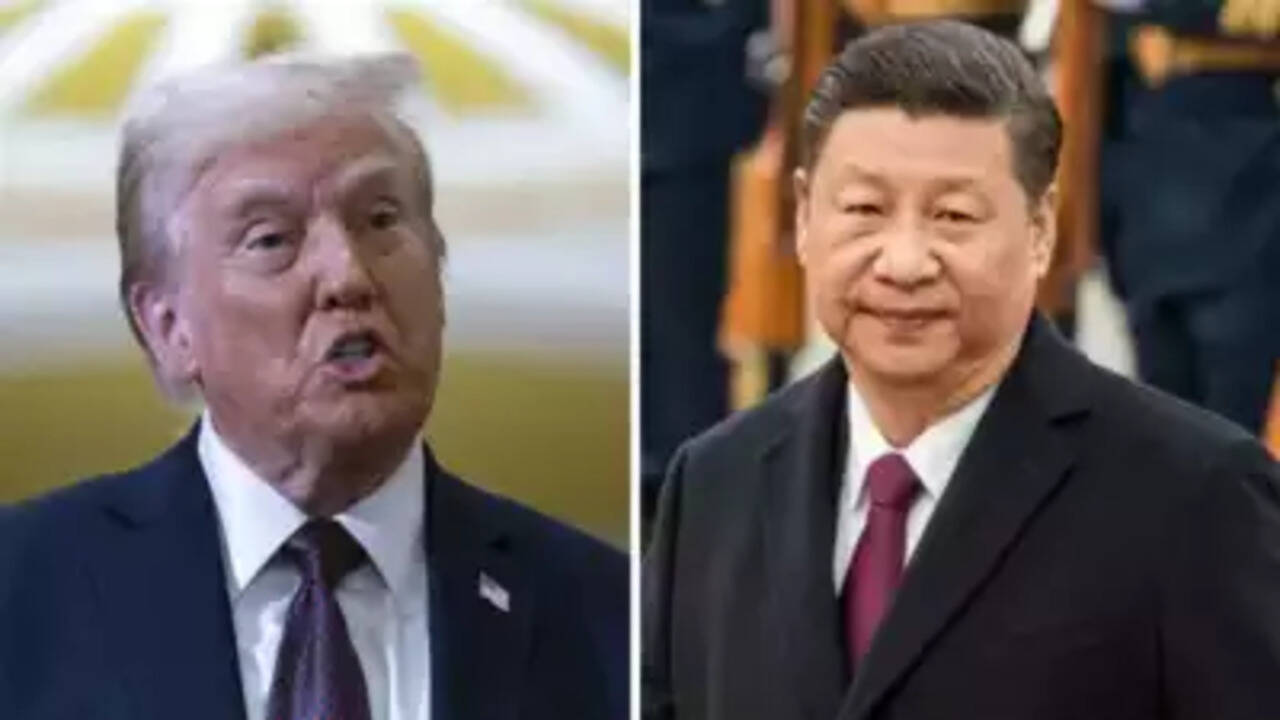Turkey's Political Turmoil: Özel vs. Erdogan
Explore the escalating political tensions in Turkey as opposition leader Özgür Özel challenges President Erdogan, amid protests and growing concerns over democracy and civil rights.
Published April 09, 2025 - 00:04am

Image recovered from sudouest.fr
Turkey's political landscape is undergoing significant turmoil, marked by a fierce rivalry between President Recep Tayyip Erdogan and the opposition leader Özgür Özel. The tensions escalated dramatically following the contentious arrest of Istanbul's mayor, Ekrem Imamoglu, which sparked mass protests across major Turkish cities, including Istanbul and Ankara.
Özgür Özel, who was re-elected as the leader of the Republican People's Party (CHP), emerges as a key figure in challenging Erdogan's long-standing rule. Known for his direct and incisive oratory, Özel has become the face of the opposition, galvanizing public support against what he and critics describe as Erdogan's increasingly autocratic governance.
The dramatic scenes on the streets of Turkey mirror past events, recalling the struggle of Selahattin Demirtas, a prominent Kurdish politician and previous rival to Erdogan, who remains imprisoned despite calls for his release from the European Court of Human Rights. Critics, such as Eren Güvercin, emphasize the failure of international bodies, including the European Union, to take decisive action against Erdogan's perceived human rights violations.
As the chair of CHP, Özel aims to rejuvenate the party and create a viable political alternative to Erdogan's Justice and Development Party (AKP). His strategy involves maintaining parliamentary integrity while preparing the party's infrastructure to support potential presidential campaigns, especially for Imamoglu, widely seen as a capable rival to Erdogan.
A complex mix of political maneuvers and public outrage underscores the street protests, with demonstrators defying police efforts to curtail their gatherings. Protests have also been fueled by Imamoglu's arrest on corruption charges deemed by supporters as politically motivated. The case against Imamoglu continues to polarize opinions, with the opposition framing it as a direct attack on democratic expression.
Internationally, the situation in Turkey is raising alarms. Netizens and political analysts point to the muted response from abroad, particularly Germany. Observers criticize the lack of firm denouncements from prominent European nations, suggesting an inadvertent toleration of Erdogan's policies. Meanwhile, in a symbolic move, Paris recently named Imamoglu an honorary citizen, an act of solidarity intended to pressure Turkish authorities into reconsidering their stance.
The CHP's rhetoric grows increasingly assertive, with Özel describing the current Turkish regime as a 'coup in suits'. He accuses the government of not only stifling opposition through arrests but also waging an assault on Turkey's democratic institutions. To combat this, the CHP has taken unprecedented steps, calling out financial entities supporting Erdogan's administration and advocating for boycotts.
The international community's response, as led by figures like Paris Mayor Anne Hidalgo, remains a critical element in the evolving scenario. Hidalgo's outspoken support for Imamoglu and calls for democratic action resonate with European humanitarian principles but highlight a broader geopolitical lag in effecting change.
As Turkey braces for its next electoral challenge, the stakes are high. For observers, the political dynamic between Erdogan and Özel is not merely about domestic power struggles; it illustrates the broader global tension between authoritarianism and democratic advocacy. With a looming 2028 election casting shadows, Turkey finds itself at a crossroads, with its societal trajectory resting on an increasingly brittle balance between resistance and governance.






